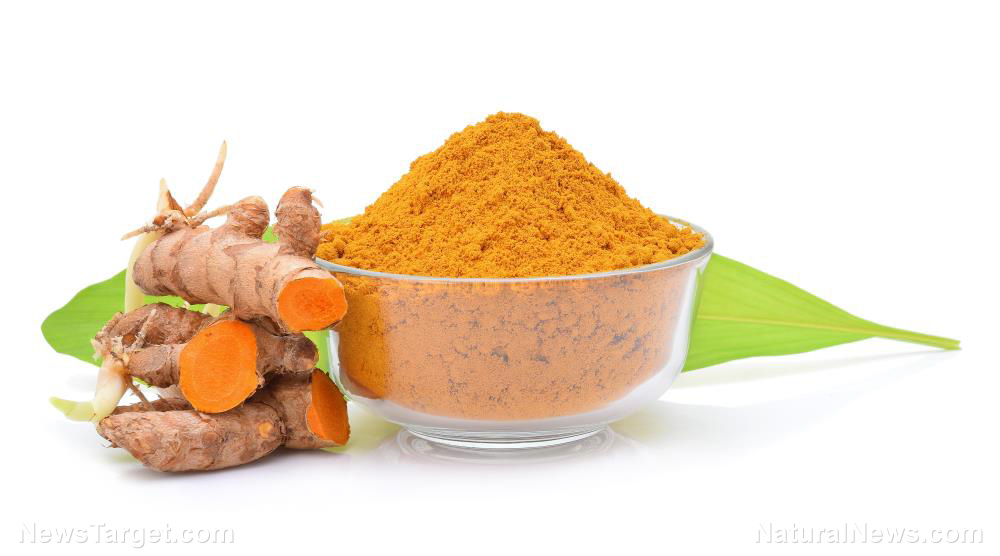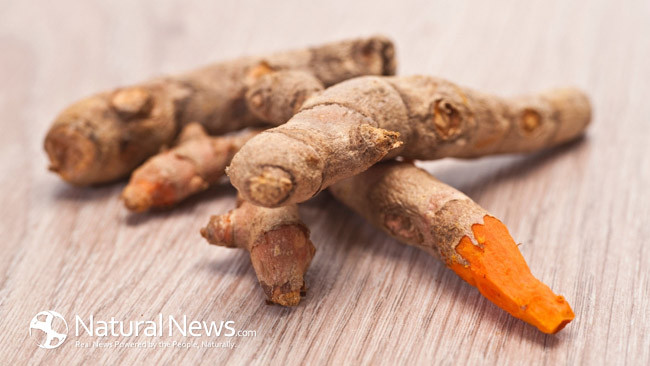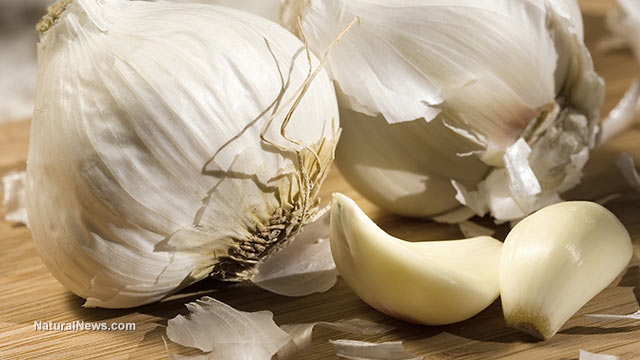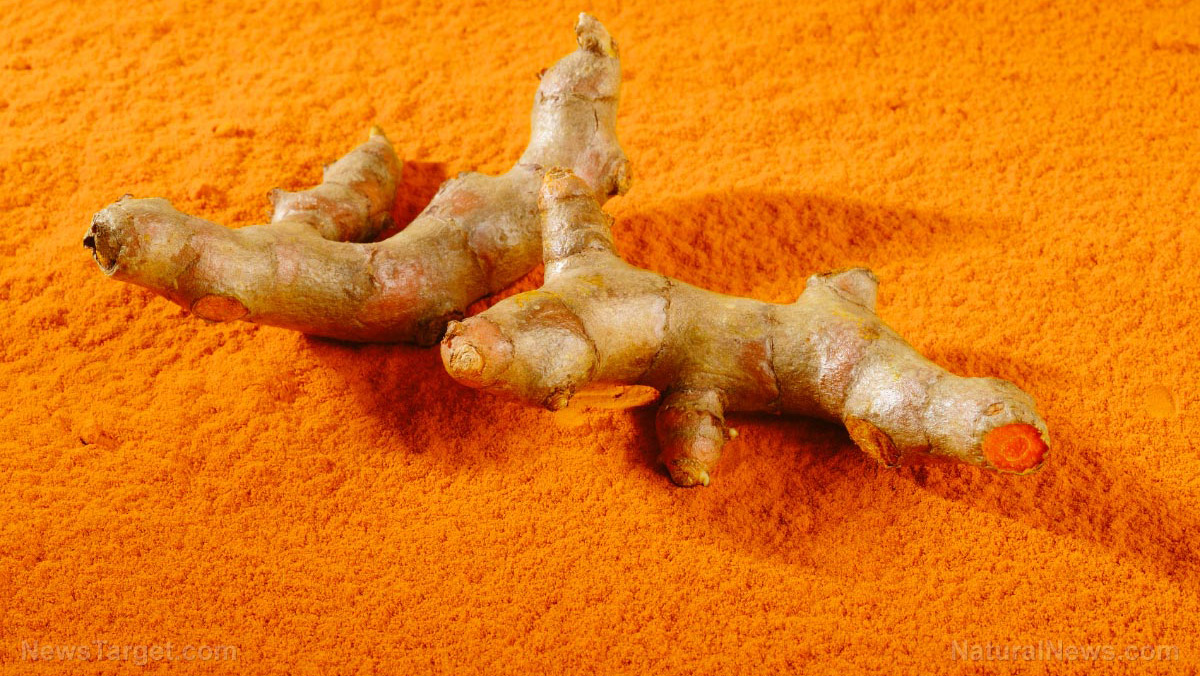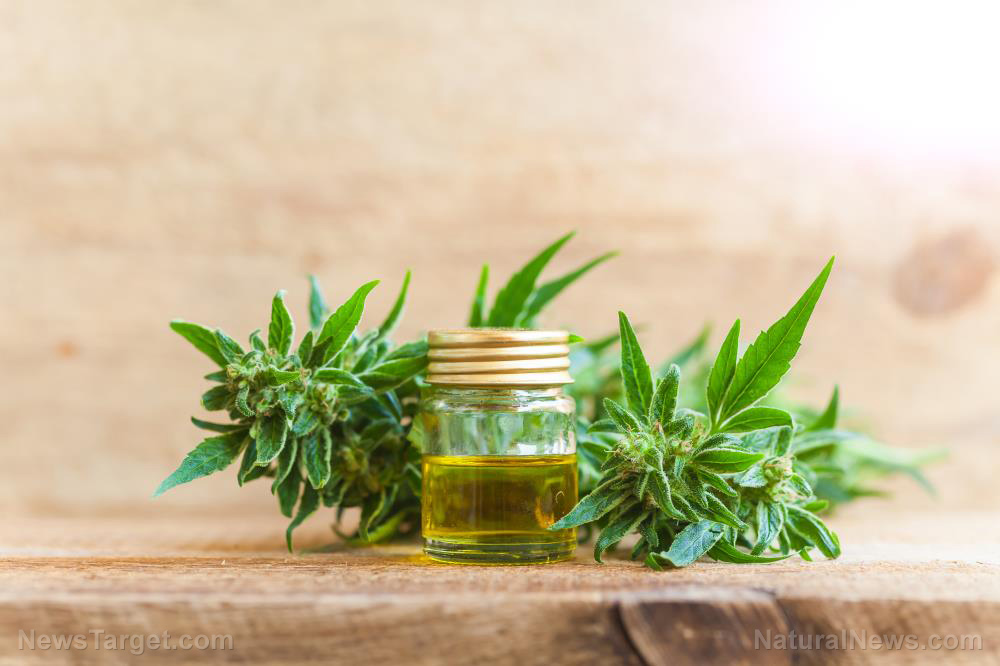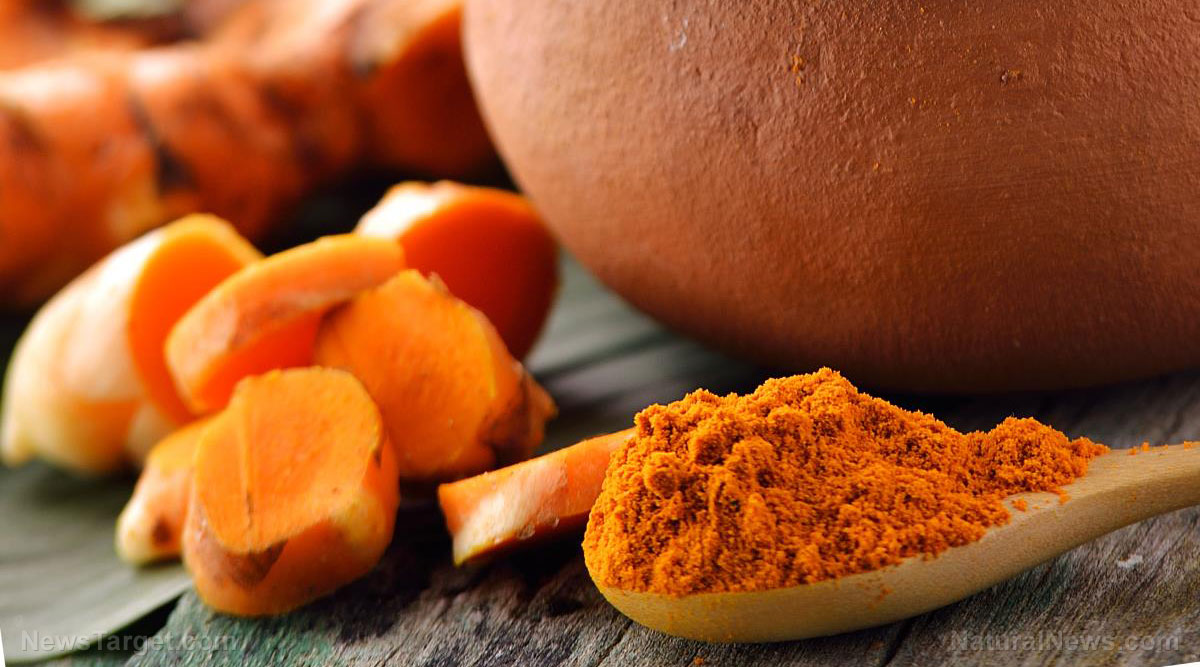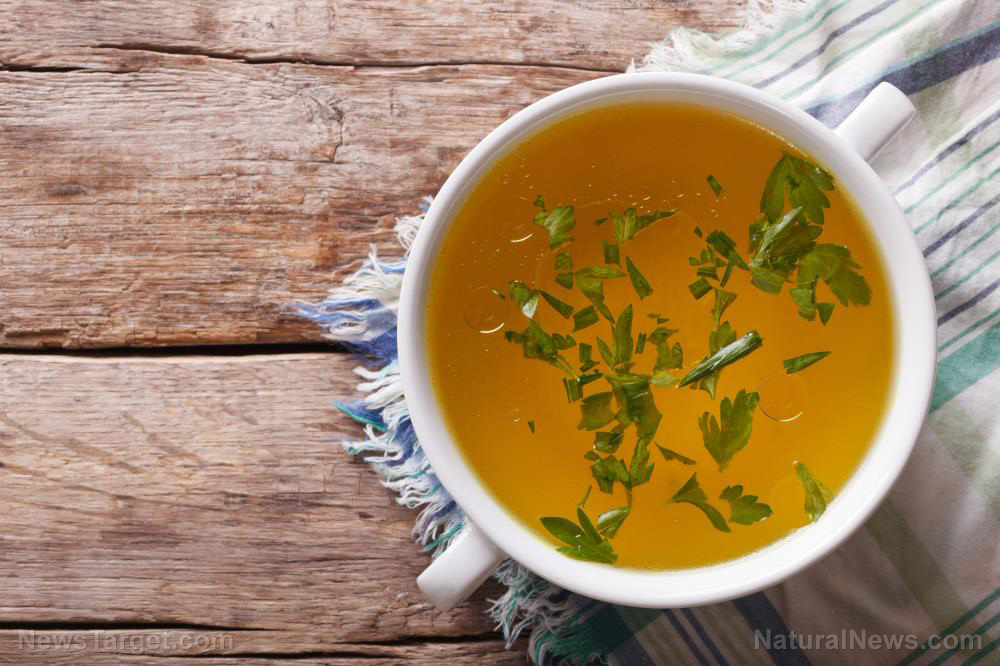Did you know that turmeric is just as effective as 14 pharmaceutical drugs?
03/01/2019 / By Lance D Johanson
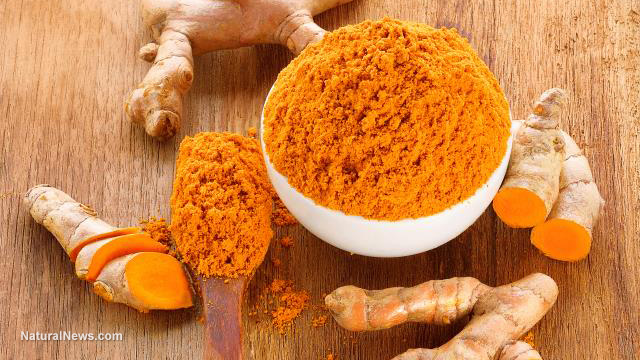
Maybe you have heard the success stories about medical marijuana, how this once demonized plant-based medicine is now curing seizure disorders in children and helping patients get off multiple pharmaceutical drugs. But did you know that the Indian spice called turmeric is a powerful healing root that is just as effective as 14 pharmaceutical drugs? Did you know that turmeric’s principle polyphenol, curcumin, could be used in place of statins, steroids, diabetes drugs, chemo, and antidepressants?
There is no shortage of peer-reviewed biomedical studies proving that turmeric is a valuable medicine. Turmeric’s secret is found in its high concentration of curcumin, a powerful antioxidant that protects human genes. Over 5,600 studies confirm turmeric’s medical prowess, for use in over 600 different therapeutic applications.
Turmeric should be produced and prescribed as medicine
In several states, medical marijuana dispensaries are showing up, as doctors learn to prescribe plants that heal instead of drugs that cause more health problems. Now medical cannabis growers and dispensaries should make way for another healing plant, one that can liberate patients from inflammatory conditions, certain cancers, Type-II diabetes, atherosclerosis, and other health problems associated with oxidative stress. Like cannabis, turmeric should also be grown and produced exclusively as medicine.
One of the problems with the many cheap, over-the-counter turmeric supplements is their high concentration of heavy metals. Many china-sourced turmeric supplements are loaded with brain-damaging lead. Clean, medicinal turmeric should be organic, grown in healthy, mineral-rich soil, not irradiated, and also tested for purity by an accredited lab.
Because curcumin is fat soluble, a healthy oil is needed to enhance its bio-availability. Without a healthy fat/oil, curcumin may pass right through the body and not be absorbed into the small intestine and into the bloodstream, where it is most effective. Coconut oil, olive oil, and avocado are great to consume along with turmeric. Curcumin absorption is also boosted by piperine, the principle component found in black pepper.
Read more breaking news about turmeric and curcumin at Turmeric.news.
Here is a short list of medications that turmeric can replace:
Lipitor/Atorvastatin (cholesterol medication): Statins, the most commonly prescribed class of drugs, could be replaced, in large part, with standardized preparations of curcuminoids from turmeric root. In a 2008 study published in Drugs in R & D, turmeric performed just as well as atorvastatin (Lipitor) for correcting the underlying pathology that causes oxidative stress in the blood vessels – endothelial dysfunction. Not to mention, turmeric does not incite horrific side effects like statins do, such as mitochondrial dysfunction, muscle wasting, and cognitive impairment.
Corticosteroids (steroid medications): Even when acute pain is present, turmeric can provide noticeable pain relief. A 1999 study published in Phytotherapy Research found that turmeric is just as effective as steroids for treating inflammatory eye disease called chronic anterior uveitis. A 2008 study published in Critical Care Medicine found that turmeric down-regulates inflammatory genes and can replace the drug dexamethasone for the treatment of lung transplantation-associated injury.
Metformin (diabetes drug): Genes are not the final word in determining health problems. In 2009, researchers found that curcumin activates AMPK, allowing for increased glucose uptake. Curcumin also suppresses gluconeogenic gene expression in hepatoma cells, allowing for glucose production in the liver. When curcumin was isolated into tetrahydrocurcuminoids (THC), it activated AMPK and acetyl-CoA carboxylase within the body 500 to 100,000 times more efficiently than common diabetes drug metformin.
Oxaliplatin (Chemotherapy drugs): A 2007 study published in the International Journal of Cancer found that curcumin is just as effective as oxaliplatin, a chemotherapy agent that inhibits proliferation in colorectal cell lines. In a 2004 study published in the journal Oncogene, a combination of curcumin and resveratrol was just as effective as anti-inflammatory drugs for the mitigation of tumor cells. A 2007 study from the University of Alabama at Birmingham details the mechanism by which curcumin has anticancer, chemosensitization, and radiosensitization effects. Curcumin down-regulates the MDM2 oncogene through the PI3K/mTOR/ETS2 pathway in human prostate cancer cell lines.
Prozac/Fluoxetine (antidepressants): A study published in a 2011 issue of Acta Poloniae Pharmaceutica showed how curcumin can reduce depressive behavior in animals. A 2015 study found even more promising results in humans with major depressive disorders. A curcumin and piperine combination significantly reduced depression symptoms in the human patients and had the greatest effect on middle-aged patients for longer duration of administration and at higher doses.
Reversing liver disease: Curcumin possesses such great antioxidant and anti-inflammatory effects; it can reverse liver disease caused by excessive alcohol consumption. In one animal model, a formulation of curcumin-galactomannosides reversed all the pathological effects of alcohol consumption, including elevated liver toxicity markers, lipid peroxidation and inflammatory markers with a simultaneous reduction in antioxidant defenses.
Curcumin heals where chemotherapy fails: A 2010 study published in TNO Nutrition and Food Research finds that curcumin has value in treating cancer cell lines that do not respond to chemotherapy. Two multi-drug resistant proteins, MRP1 and MRP2, were both inhibited by curcumin and its glutathione-dependent metabolism. In conjunction, a study from the University of Belgrade, in the Republic of Serbia showed that high doses of curcumin shut down multi-drug resistant non-small cell lung carcinoma cell lines. A synergistic cytotoxic effect was observed when curcumin was combined with Sulfinosine.
Medicine is at the dawn of a new era. Plant-based medicines such as cannabis have opened the door and provided an outlet for more plant-based antioxidants and polyphenols to enter the medical field. Turmeric is at the forefront of revolutionizing modern medicine. With hundreds of peer reviewed biomedical studies proving its efficacy in various medical applications, turmeric should finally be embraced by failing Western medicine practices.
For more on plant-based medicines, check out Herbs.News.
Sources include:
Submit a correction >>
Tagged Under:
anti-inflammatory, Antidepressant, antioxidants, cancer healing, curcumin, Cytotoxicity, hepa protection, intestinal absorption, liver disease, Medicine, natural medicine, natural remedies, piperine, statins, Steroids, turmeric, Type 2 Diabetes
This article may contain statements that reflect the opinion of the author
RECENT NEWS & ARTICLES
COPYRIGHT © 2017 TURMERIC NEWS

